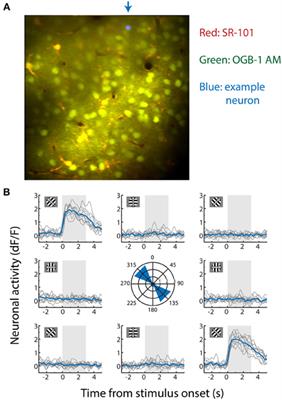EDITORIAL
Published on 01 Aug 2014
From neuronal populations to behavior: a computational journey
doi 10.3389/fncom.2014.00081
- 3,409 views
- 2 citations
11k
Total downloads
56k
Total views and downloads
You will be redirected to our submission process.
EDITORIAL
Published on 01 Aug 2014
ORIGINAL RESEARCH
Published on 02 Jun 2014

HYPOTHESIS AND THEORY
Published on 27 May 2014
HYPOTHESIS AND THEORY
Published on 11 Apr 2014
ORIGINAL RESEARCH
Published on 19 Feb 2014
METHODS
Published on 10 Feb 2014
ORIGINAL RESEARCH
Published on 27 Dec 2013
ORIGINAL RESEARCH
Published on 06 Dec 2013
